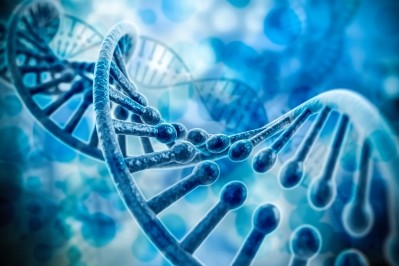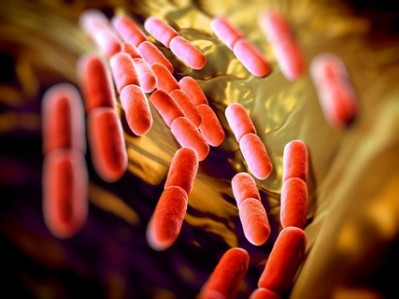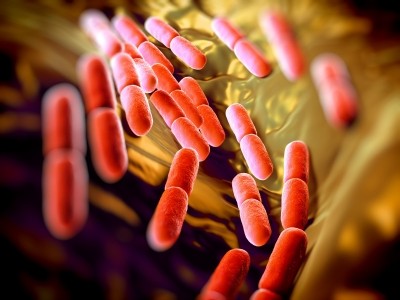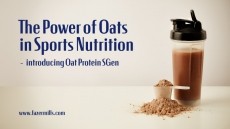AFC Ajax look to fine-tune personalised nutrition as club prepare for new season
Speaking at the Personalised Nutrition 2.0 Congress in Amsterdam, Peter Res, head of nutrition at AFC Ajax, believed these techniques could tailor nutrition to an athlete’s genetic make-up in such a precise way sporting performance is maximised.
“Carbohydrate intake, antioxidant consumption and fat re-accommodation - all these factors can be looked at in more detail,” he explained.
However, he warned that the use of genetic testing could become a divisive issue, particularly when it came to the sale or transfer of a player.
“It’s a grey area,” he said. “There is the fear from players and management that a deficiency will appear in gene testing that will ruin their market value.”
The use of genetic testing is a relatively new concept in football. With millions of euros at stake each season, football giants like Barcelona, have looked to analysing the DNA of their players in efforts to reduce injuries and personalise fitness regimes.
‘Seven pillars of nutrition’
The Personalised Nutrition 2.0 Congress in Amsterdam was a chance for food and supplement manufacturers, retail chains, and government representatives, to meet with the goal of moving personalised nutrition industry out of its infancy.
Representing the sports side of this emerging field Res, who has been working at AFC Ajax since 2012, defined the ‘seven pillars of nutrition,’ in which the football club were basing their ethos and performance strategy on to essentially produce better footballers.
These pillars were: daily nutrients, match day performance, match recovery, daily fuel, training adaptations, hydration and body composition.
He explained that nutrition advice for athletes had to be tailor made since a goalkeeper had a very different activity pattern and limiters of performance than a winger. Their role within the team had implications for ideal energy intake and macronutrient composition.
“With daily nutrients, the big advantage of working at a football club is that the footballers can have as many as 12 meals at the club. So we work a lot with the chefs at the club to make very high quality food there. We focus more on food quality rather than counting calories.”
But tailoring of nutrition advice goes further than that. Res revealed that Ajax also measured drinking habits, sweat rate and sweat electrolyte composition in order to individualise drinking and eating regimes.
“With hydration, we put the guys on the scales before they head to training. We weigh their water bottles and put a plaster on their back. They go to training and they come back, where we weigh them again.”
“We then take sweat samples in order to measure sodium content. This means we can personalise how much each footballer should be drinking.”
Urine was also tested to monitor dehydration levels from previous training sessions, allowing analysts to give personal recommendations to improve behaviour.
Post-match recovery
Res offered details of post-match recovery regimes in which players had access to anti-inflammatory juices made from berries that were available in the locker room. Players also consumed a recovery shake made of carbohydrates and protein. Extra water was also available.
“Sushi is also available for the guys that like that. It provides both omega-3 fatty acids and protein. For away games there is an extra meal on the bus to aid recovery.”
“If you look a protein intake, 25g of whey protein before a match appears optimal. Then every three hours of 20-25g whey protein after the match to increase muscle protein synthesis overnight.”
Training adaptations over the last thirty years had mainly focused on carbohydrate intake, Res said. Recently, attention has switched to training adaptations, where it is believed having low glycogen in the muscles and liver may be more beneficial.
“What we do is periodise carbohydrate intake over the week. During the training we focus more on protein intake and healthy fats. Twenty-four hours before the match we focus on carbohydrate intake. In doing so training adaptations and match day performance are maximised.”
Res also said players were limiting antioxidant intake as they hampered the muscle’s ability to adapt to the training methods.

















